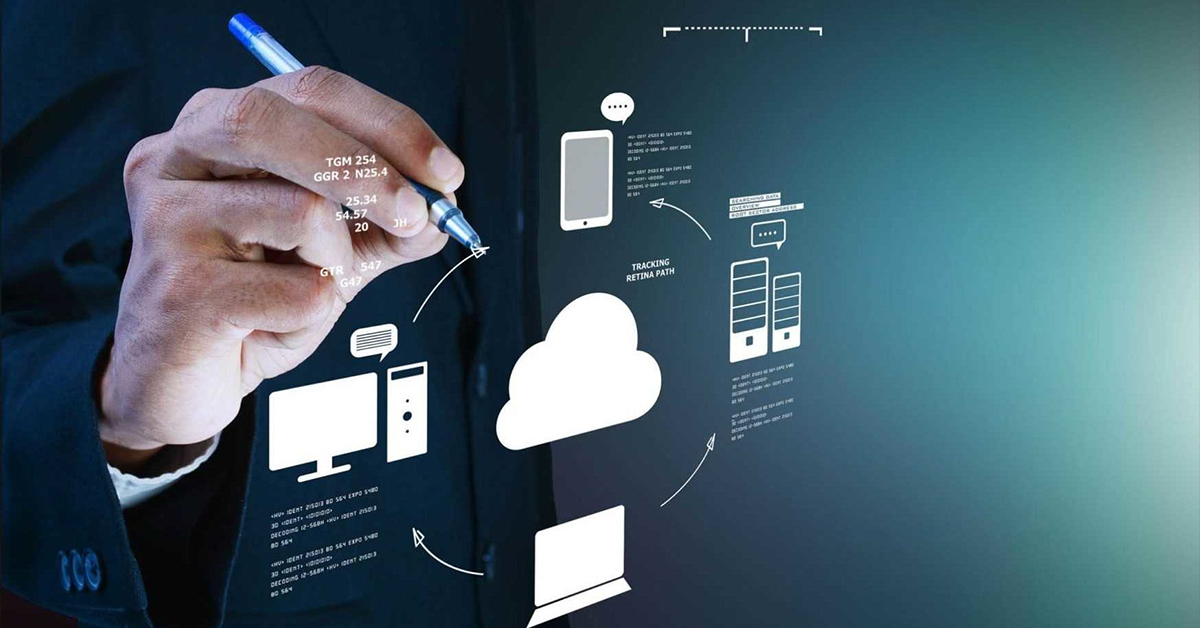- About Us
- Products
- SAP Products
- SAP S/4HANA
- SAP S/4HANA CLOUD
- CRM and Customer Experience
- SAP S/4HANA Fashion and Vertical Business
- Human Capital Managament
- SAP IFRS
- IFRS 16 + Real Estate
- Development and Integration
- Digital Supply Chain
- Easy Collection Tracking Through
- Closing Cockpit
- SAP S4 POS Data Transfer and Audit
- SAP logistics
- Prodea Products
- BPM Solutions
- Services
- About Us
- Products
- SAP Products
- SAP S/4HANA
- SAP S/4HANA CLOUD
- CRM and Customer Experience
- SAP S/4HANA Fashion and Vertical Business
- Human Capital Managament
- SAP IFRS
- IFRS 16 + Real Estate
- Development and Integration
- Digital Supply Chain
- Easy Collection Tracking Through
- Closing Cockpit
- SAP S4 POS Data Transfer and Audit
- SAP logistics
- Prodea Products
- BPM Solutions
- SAP Products
- Services
- Sectors
- References
- Blog
- Career
- Contact Us
Blog- Prodea Consulting
- Blog
- e-İrsaliye
- E-WayBill System Less Risk More Efficient Time

Prodea provides integration between the special integrator and SAP for the commissioning of e-waybill processes. In this way, risks for companies are reduced and more effective time planning can be made. Experience the fastest, most cost-effective e-waybill applications of the sector now with Prodea.
What is E-Waybill?
The e-waybill system, which covers the processes of sending it to the buyer through the Revenue Administration's (GİB) application and transmitting the buyer's response to the seller via the same central application, works in a closed circuit system between the buyer and the seller.
E-Waybill and Legal Obligation
According to the General Communiqué of the Tax Procedure Law published by the Ministry of Treasury and Finance, e-waybill was made mandatory for e-waybill taxpayers on 01.07.2020. With the Prodea solution, all processes can be followed in SAP. You can access the draft communiqué published by the Revenue Administration for e-Waybill from this link.
Who Can Use E-Waybill System?
Users who are included in the e-Invoice application and who have completed the necessary preparations for issuing and transmitting e-Waybill in accordance with the procedures and principles described in the General Communiqué on Tax Procedure Law No. 487, and who have made the necessary application to be included in the e-Waybill system, can optionally be included in the e-Waybill system as of 01.01.2018.
What Does Prodea E-Waybill Solution Cover?
Prodea e-Waybill solution includes:
- To convert the waybills created in SAP, which have the same legal qualifications as the paper waybill, into e-waybill format and forward them to the Revenue Administration Tax Administration (GİB) through the 'special integrator',
- To receive e-waybills sent from other taxpayers and respond to the received waybills, manage e-waybills through a cockpit and keep a copy,
- To offer a software service that enables dispatch of dispatch notes for materials and processes that are not in the SAP system.
E-Waybill Advantages
E-waybill has many advantages for users. But we can list the four most advantages as follows: Time, cost, compliance and risk... If we explain these advantages respectively;
Time: It is faster to prepare, send and archive documents
Costs: Paper, printing, archiving, energy consumption, shipping, labour, notarisation and distribution costs are more cost efficient
Compliance Secure transaction tracking with its structure that is compatible with the current standards of the Revenue Administration and updated according to the changing legislation
Risk Reduced risk of loss of digitally archived documents and ease of document tracking.
Benzer Bloglar

Demand Forecasting & Prodea Solution
Nowadays, it is one of the most important issues for the inventory planning teams of companies to minimize inventory costs and prevent overselling....

E-WayBill System Less Risk More Efficient Time
Prodea provides integration between the special integrator and SAP for the commissioning of e-waybill processes. In this way, risks for companies are...
- SAP Products
